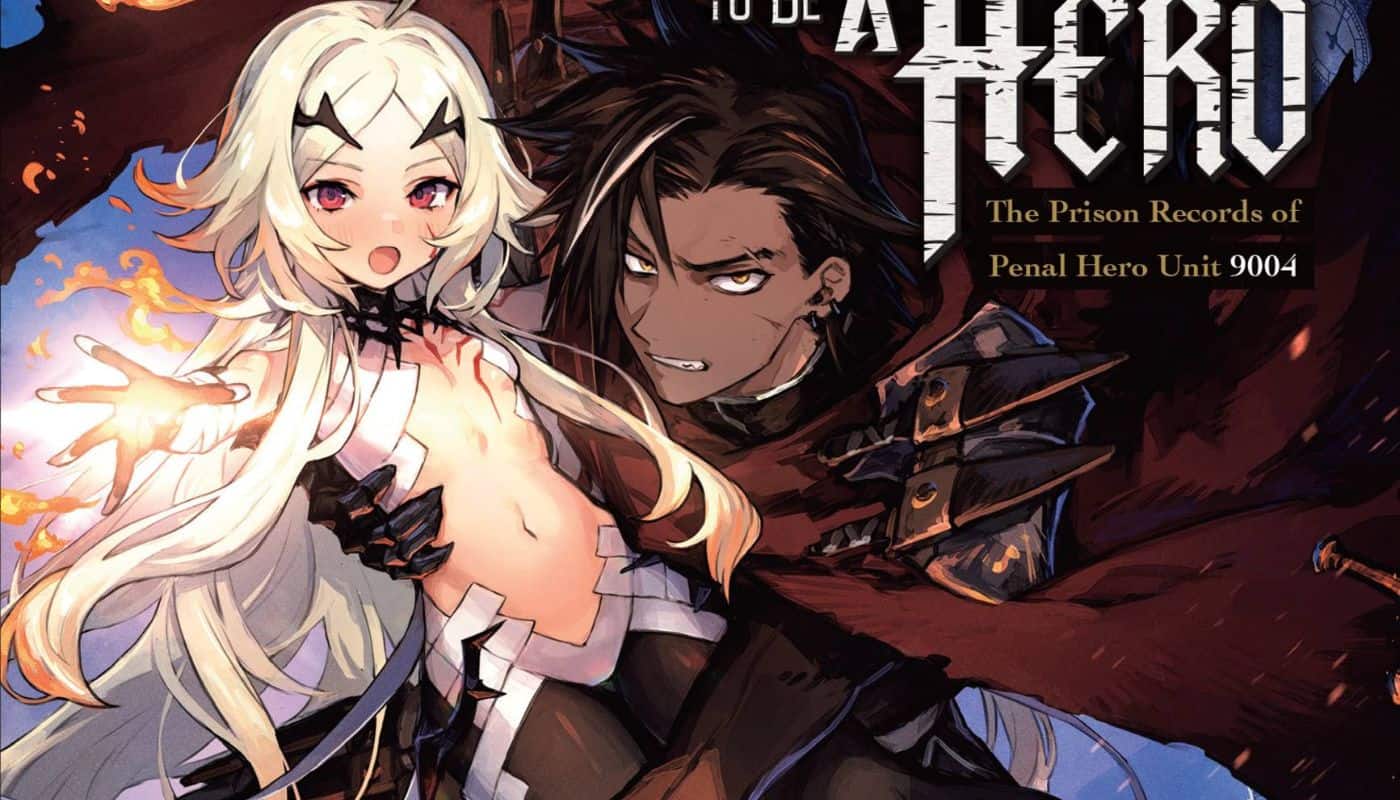Norris Wong is a multifaceted Hong Kong artist known for her roles as a director, screenwriter, novelist, and lyricist. Her debut feature film, “My Prince Edward” (2019) – crafted with support from the First Feature Film Initiative (FFFI) scheme – has garnered acclaim, securing various awards such as the 4th First Feature Film Initiative (Higher Education Institution Group), Best New Director at the 39th Hong Kong Film Awards, and Best Screenplay at the 26th Hong Kong Film Critics Society Awards. If “My Prince Edward” can be described as the story of a failing relationship, her second feature “The Lyricist Wannabe” is yet another tale of a failed dream, surprisingly inspired by Wong's own life.
The Lyricist Wannabe is screening at Osaka Asian Film Festival

Law Wing-sze (Chung Suet Ying) is a high-school student and aspiring lyricist who firmly believes songwriting is her innate talent and her future career. She is totally serious about it, not just a capricious teenager, and she makes any possible effort to pursue her dream. We first see her in high-school, rewriting lyrics for Teacher's Day, waiting to perform them too. Unfortunately, she misses the chance, but her attitude towards setbacks is positive and dynamic, and that is exactly what will keep her going. School years are the years of networking and Sze has the chance to make lifelong friends and get to know aspiring musicians in her peer circle and she always offers them her writing skills, working night and day to acquire more experience and maybe have one of her songs published and enter the industry.
Check the interview with the director
Every time she stumbles upon an obstacle, or she realizes a skill is missing, her reaction is only constructive; courses, work experience, sleepless nights spent on the paper or the computer. In fact, the film is split in themed episodes spanning several years, called “Lessons”. Lesson 1 is Harmonizing, Lesson 2 Rhyming and so on, from technical knowledge (relatively easy to learn) to commercial pressure and even emotional expression (can you write about love if you haven't experienced it?). All lessons that Sze will learn, but luck is definitely not on her side.
A little explanation at this point can help to fully understand the challenges that Sze faces in her quest, as being a Cantonese lyricist is not quite like being a lyricist everywhere else. In fact, writing lyrics for Cantonese pop music presents several unique challenges. Cantonese is a tonal language, meaning that the pitch or intonation of a word can change its meaning. This adds complexity to writing lyrics, as the words chosen must fit both the musical melody and maintain correct tonal pronunciation to convey the intended message. Moreover, like some other forms of popular music, Cantonese pop often relies on wordplay, puns, and rhymes to create catchy and memorable lyrics. Finding words that not only rhyme but also fit the melody and convey the desired meaning can be rather problematic.
Sze has set the bar very high for her dream. We see that although she overcomes the technical aspects of it, the Cantopop music industry is highly competitive, with many talented artists vying for attention and her total lack of business acumen (like many creative people) lands her in embarrassing situations. In a particular one, she is fired by a music producer, before even starting her job, because of her very naïve behavior, dictated only by an excess of humbleness. Oh, you just want to hug her!
The mood of this engaging dramedy follows dutifully the mood of the main character. When Sze is still at school, the tone is light and funny, like in a classic coming-of-age tale; head in the clouds, youthful arrogance and all that. An enthusiasm that she will carry with her at university, when she starts to see some possibilities to collaborate and publish. However, in the second half, in her adult life, when disappointments and setbacks become more “real”, a slight melancholy kicks in, and dreams become almost a burden. However, there is something very refreshing in this tale of unachieved dreams. In our contemporary society, successful narratives often serve as benchmarks and the phrase “where there's a will, there's a way” encapsulates the idea that determination and perseverance can overcome obstacles. But is it true? And, mostly, is it the end of the world if we fail in following our dream?
The protagonist is played by newcomer actress Chung Suet-ying, who – ironically – is a real-life Cantopop lyricist. She has good control, lively body language, and a spontaneous ability to switch between contrasting emotions. Her skills and Wong's direct experience in the subject matter the film deals with contribute to inject life in this unusual field, and succeed in creating probably the first film on Cantopop lyricists and make it engaging and truly likable.
The burgeoning independent film scene in Hong Kong suggests a potential resurgence of its film industry, and Norris Wong is a legitimate part of this movement; her disillusioned tale has a strong local flavor but, despite some in-jokes and hard-to-translate lyrics, bears a message that resonates universally.















